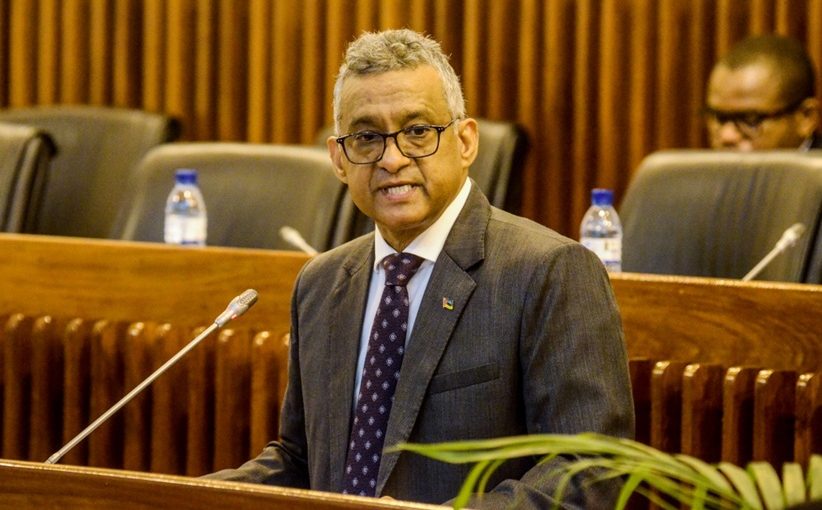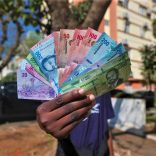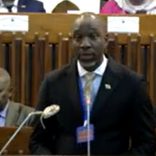Mozambique: State revenue increases by 2% in H1 to almost €2.3B
Mozambique: Beneficiaries of district fund must repay

Photo: Notícias
All beneficiaries of the Mozambican government’s Local Economic Development Fund (FDEL) must repay the money they receive from the fund, the Minister of Planning and Development, Salim Vala, told the Mozambican parliament, the Assembly of the Republic, on Thursday.
Answering questions from deputies about the government’s strategy for fighting poverty, Vala said projects benefitting from the FDEL will be chosen, in each district or municipality by a Project Selection Commission. This body will include “representatives of the economic area of the district government, local economic agents, local leaders, representatives of grass roots community organisations, academic institutions and civil society”.
The Commission’s role will be “to analyse the merit of projects depending on their priority, viability and impact on local economic development”. All Mozambicans can be beneficiaries, said Vala, if they have “creative ideas” particularly for increasing food production and creating jobs and income.
Most of the Fund will go to individuals, 60 per cent of whom must be young. 40 per cent must be women. Cooperatives, associations and micro and small companies can also apply for support from the FDEL.
The Fund, said Vala, will finance viable projects. The loans will carry a favourable interest rate, and must be repaid.
If the government is serious about repayment, the FDEL will be different from its predecessor, the District Development Fund (FDD) introduced a quarter of a century ago by the then President, Armando Guebuza. This fund became known as “the seven million” because it took the form of providing each district with seven million meticais (110,000 dollars at the current exchange rate, but worth much more 20 years ago). That money was then distributed among supposedly viable projects.
Year after year billions of meticais were channelled to the FDD, but very little of this money was ever repaid and none of the debtors were ever taken to court. Eventually this fund fizzled out, and there was never any final audit to show what benefits, if any, accrued from this huge expenditure.
To avoid the same fate, the FDEL must enforce repayment of the loans. But Vala did not say how repayment will be enforced.
Since the 2025 state budget has not yet been passed, it is not known how much money will be in the first instalment of the FDEL.
As for economic growth, Vala put the growth rate at 4.4 per cent in 2022 and 5.4 per cent in 2023. But this was largely due to the production and export of liquefied natural gas (LNG). Without gas, the economy contracted by 1.8 per cent between 2022 and 2023.
In 2024, the government’s initial hopes for a growth rate of 5.5 per cent were dashed. Instead, the economy shrank by 3.7 per cent, which Vala blamed on climatic shocks, on the post-election unrest, and the fall in exports of some minerals, notably rubies.
This year, growth of 2.9 per cent is forecast, said Vala, while the annual rate of inflation is expected to be between 4.5 and 5.5 per cent between 2025 and 2027.












Leave a Reply
Be the First to Comment!
You must be logged in to post a comment.
You must be logged in to post a comment.